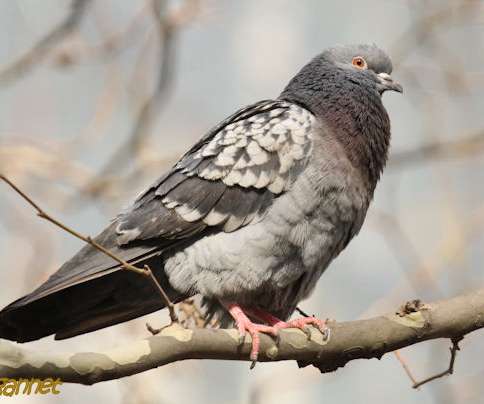Animal Advocates' Successes Have Factory Farmers Running Scared
Animal Ethics
FEBRUARY 6, 2007
The column, which you can read here , is a call to arms to factory farmers to fight back against those individuals and organizations working to protect farm animals from the abuses inherent in factory farms. With successes like these, factory farmers do have cause for worry.

















Let's personalize your content